Starting out as Cohn-Brandt-Cohn Film Sales in 1918, the studio adopted the name Columbia Pictures in 1924. Thanks to its association with Frank Capra in the 1920s, the studio gradually rose in prominence and over the subsequent decades became home to iconic stars such as Cary Grant, Rosalind Russell, and Rita Hayworth. Following a brief period of ownership by The Coca- Cola Company and the spinning off of Tri-Star Pictures (which it subsequently merged with), Columbia Pictures was acquired by Sony in 1989 and is now a subsidiary of Sony Pictures Entertainment.
Overall, Sony Columbia has never had the most impressive track record when it comes to LGBT-inclusive films. The 1962 political thriller Advise and Consent did contain a subplot about a Senate chairman who is blackmailed over a past affair with a man (and subsequently commits suicide), but it’s hardly held up as a high point in the LGBT cinematic canon. The same can be said for 1992’s Basic Instinct from Tri-Star Pictures, which was decried by LGBT groups including GLAAD for its defamatory portrayal of lesbian and bisexual women. On a more positive note, Tri-Star Pictures also released popular inclusive films like Philadelphia (1993), Threesome (1994), and As Good as it Gets (1997). In more recent years, parent company Sony Pictures has released Rent (2005), The Girl With the Dragon Tattoo (2011), and The Mortal Instruments: City of Bones (2013).
In 2015, Sony Columbia released 16 films, of which 3 included appearances by LGBT people, amounting to 19%. One of these films passed the Vito Russo Test.
THE NIGHT BEFORE
Widest theatrical release: 2960 theaters
This comedy follows three friends throwing their last wild party before settling into grown-up life. While high, one of the men, Isaac, accidentally switches phones with a female friend and begins receiving intimate pictures from a man. The film manages to subvert the response of most buddy comedies as Isaac is intrigued, responding with compliments rather than panic and disgust. Later that night, he and the female phone owner meet the man, James, at a bar. James openly flirts with both Isaac and his female friend before eventually leaving with the woman after Isaac walks away. Pansexual singer Miley Cyrus also appears as herself in a brief cameo. For raunchy “bro comedies,” the inclusion of a bisexual character and the central character’s acceptance of it can be read as a hopeful – if small – sign of progress.
![Sony-Ricki-and-the-Flash-376 | GLAAD]() RICKI AND THE FLASH
RICKI AND THE FLASH
Widest theatrical release: 2064 theaters
Rock musician Ricki returns home hoping to repair her relationship with her family, including Adam (the gay son she never accepted), after her daughter’s marriage falls apart. At the family’s first reunion, she makes some misinformed comments comparing her assumed identity as Ricki to Adam’s “decision” to be gay. In the end, Ricki is introduced to Adam’s boyfriend and, much to his surprise, sincerely congratulates them on getting together. While Adam’s story is positive overall, earlier in the film, he says identifying as bisexual was “his cover story in college” before coming out as gay. This stereotype of bisexuality being a part of the transition to eventually coming out as gay has a real-life impact on bisexual people, who are less likely than gay or lesbian people to be out due to their identity being treated as a phase rather than a very real part of their life. Transgender advocate and model Carmen Carrera appears in a split-second, non-speaking cameo credited only as “hair stylist,” so GLAAD did not count the character in its final tally.
![Sony-The-Wedding-Ringer-8ef | GLAAD]() THE WEDDING RINGER
THE WEDDING RINGER
Widest theatrical release: 3003 theaters
The Wedding Ringer is another in a long line of films to rely on gay panic and the long-running homophobic “sissy” stereotype for laughs. Kevin Hart stars as Jimmy Callahan, a for-rent best man, hired by socially awkward and friendless tax attorney Doug. Doug’s flamboyant wedding planner Edmundo is later revealed to be an associate of Jimmy, Dirty Eddie Sanchez, who decided to “flame up” his personality and mannerisms by appearing more flamboyant to help business. When the men visit Eddie at home, they meet his boyfriend, whom Eddie refers to as both his “girl” and a “bitch.” At the film’s climax, Eddie breaks his flamboyant character by dropping his affected voice and punching the father of the bride in the face after the man calls him a “fairy.” The film also contains several prison rape jokes, anti-gay slurs, and an extended montage of Doug and Jimmy dancing together, played for laughs at the idea of two men touching.

Founded in 1992, Sony Pictures Classics (SPC) is the independent arm of Sony Pictures Entertainment, which acquires, produces, and distributes independent films and documentaries. Among the many inclusive films SPC has released since its inception are My Life in Pink (1997) about a gender non-conforming child; The Celluloid Closet (1995), a documentary about LGBT representations in film based on the book with the same title written by Vito Russo (co-founder of GLAAD); the Alan Ginsberg-centered story Kill Your Darlings (2013); Pedro Almodovar’s I’m So Excited! (2013); and Love Is Strange (2014).
![Sony-Pictures-Classics-The-Diary-of-a-Teenage-Girl-IMDb-ac6 | GLAAD]() THE DIARY OF A TEENAGE GIRL
THE DIARY OF A TEENAGE GIRL
Widest theatrical release: 795 theaters
The Diary of a Teenage Girl follows the sexual awakening of 15-year-old Minnie in 1970s San Francisco, whose sexual fluidity is portrayed as just another part of coming to understand herself, her desires, and what love really means. While at a Rocky Horror Picture Show screening, she meets Tabatha, a charismatic but troubled 20-something with a drug addiction. Minnie is infatuated with her and the two begin a relationship of sorts, partying and getting high. This leads to a sex scene that would have likely been played for voyeuristic appeal in any other film. Though the relationship does not ultimately work out, Tabatha’s being female has nothing to do with the breakup and, indeed, never even occurs to Minnie as an issue.
![Sony-Pictures-Classics-Grandma-IMDb-ebe | GLAAD]() GRANDMA
GRANDMA
Widest theatrical release: 1061 theaters
One of the year’s most impactful films centered on an LGBT character was Grandma, which follows outspoken feminist Elle (out actress Lily Tomlin) and her teenage granddaughter, Sage, as they have one afternoon to gather the money necessary for Sage to have an abortion. Elle, who has distanced herself from many friends in her grief over the passing of her partner, Violet, takes Sage on a road trip through her contacts in hopes of acquiring a loan. The visits include a lesbian feminist bookstore, a confrontation with Elle’s recently jilted ex-girlfriend, and a visit to transgender tattoo artist Deathy (played by out actress Laverne Cox). It is notable that while an indie imprint distributed Grandma, it received a wide rollout playing on more than 1,000 screens, making back ten times its production budget and racking up critical acclaim, including a GLAAD Media Award nomination.
![Sony-Pictures-Classics-Lambert-and-Stamp-IMDb_1-df3 | GLAAD]() LAMBERT & STAMP
LAMBERT & STAMP
Widest theatrical release: 31 theaters
This documentary tells the story of Chris Stamp and Kit Lambert who, in trying to make a documentary on discontented youth, end up discovering and managing rock legends The Who. Lambert, who was out at a time when being gay was illegal in England, led a somewhat tumultuous life and struggled with drug and alcohol abuse. In the mid-70s, the band amid legal issues, fired both him and Stamp, and Lambert passed away in 1981 at the age of 45. He is well regarded by Stamp and members of The Who and credited with being an integral part of the band’s early success as a personal mentor, manager, and studio producer.
![Sony-Pictures-Classics-Saint-Laurent-IMDb-7b3 | GLAAD]() SAINT LAURENT
SAINT LAURENT
Widest theatrical release: 59 theaters
One of two recent biopics about famed designer Yves Saint Laurent, this film focuses on a period in his life from 1967-76 as his career reached its peak at the detriment to his personal life, including his mental and physical health. The film looks at the stabilizing effects of the relationship between Saint Laurent, who suffered from bipolar disorder, and his then-partner and business manager Pierre Bergé. During this time, Saint Laurent began a four-year affair with troubled party boy Jacques de Bascher, who led him to harder drugs and alcohol abuse. The film’s end fast-forwards to 1989 as he learned that de Bascher had passed away from AIDS-related complications. Saint Laurent died of brain cancer in 2008, days after joining in a civil union with Bergé.
![Sony-Pictures-Classics-Testament-of-Youth-IMDb-9b0 | GLAAD]() TESTAMENT OF YOUTH
TESTAMENT OF YOUTH
Widest theatrical release: 104 theaters
This British war drama is based on the World War I memoir of the same name written by Vera Brittain, a young woman who abandons her studies to become a war nurse after her brother, fiancé, and closest friends are sent to the front lines. Brittain’s brother, Edward, was killed in the line of duty in 1918, shortly after army censors read a letter he had written, which indicated he was gay and had been involved with men in his company. While his orientation only became public knowledge after his death, as researched by a Brittain family biographer, the film does hint at an affection between Edward and fellow officer Geoffrey. In one scene, Vera returns to Edward a letter from Geoffrey she found in his pocket that he says he keeps with him “when I need to hear his voice.” He reads her an excerpt, in which Geoffrey addressed Edward as a “dear friend” and says he knows the men would be reunited, “either in this world or the hereafter.”

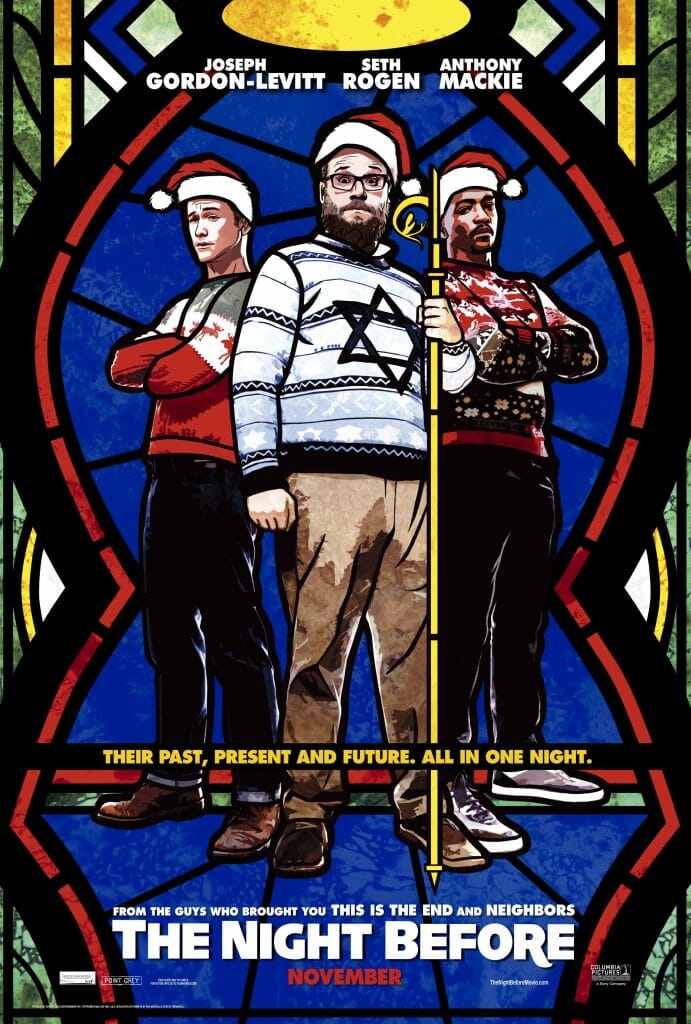
 RICKI AND THE FLASH
RICKI AND THE FLASH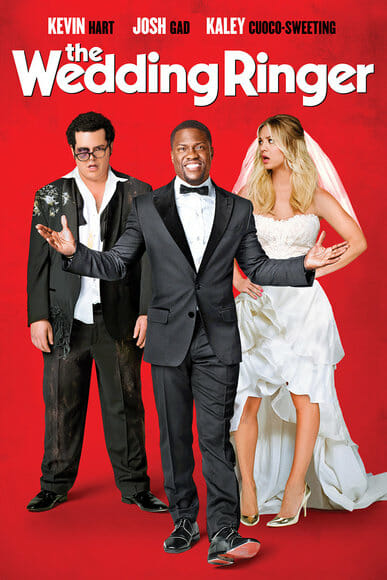 THE WEDDING RINGER
THE WEDDING RINGER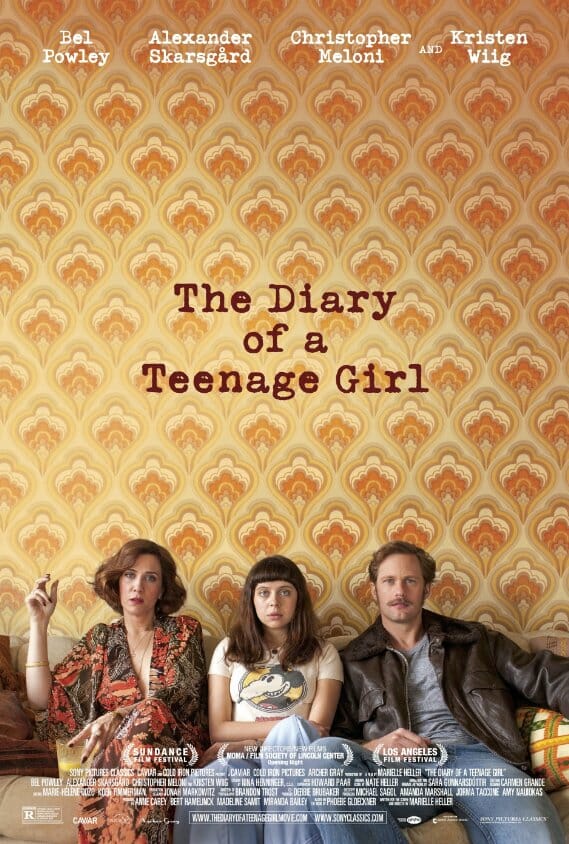 THE DIARY OF A TEENAGE GIRL
THE DIARY OF A TEENAGE GIRL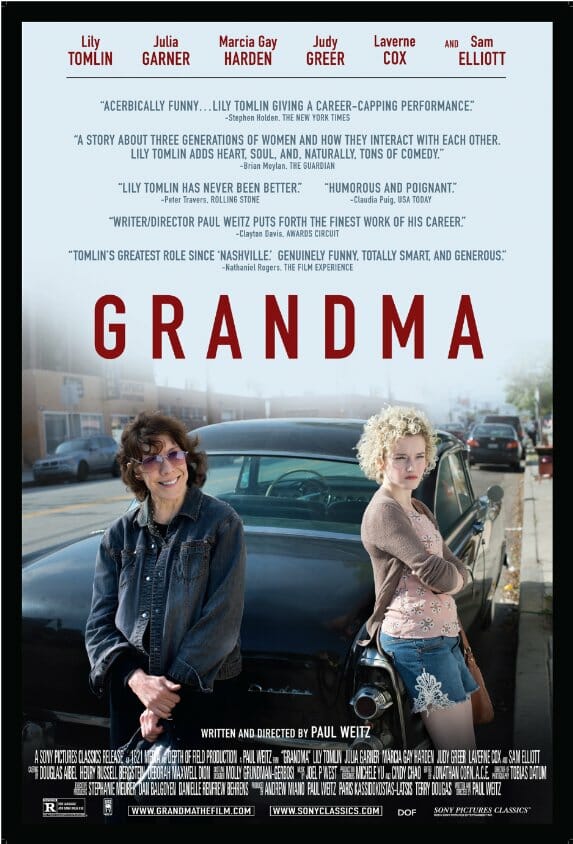 GRANDMA
GRANDMA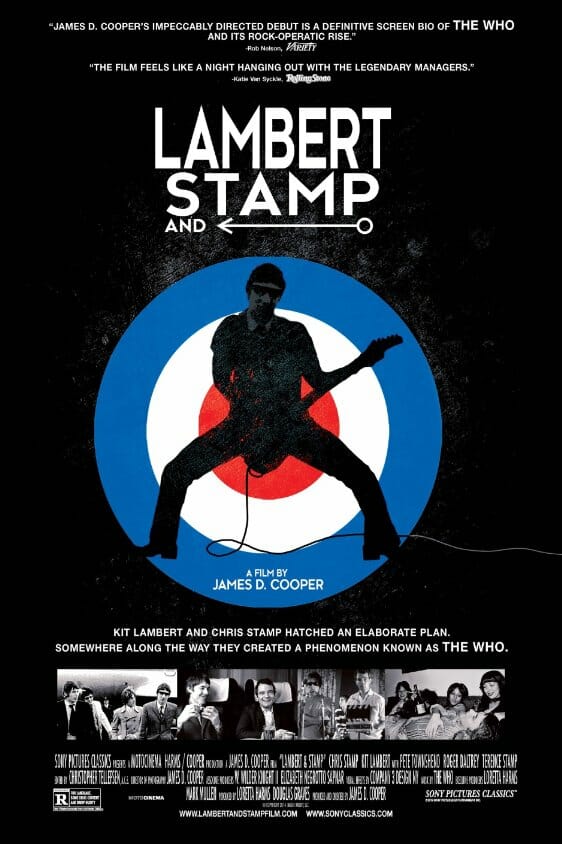 LAMBERT & STAMP
LAMBERT & STAMP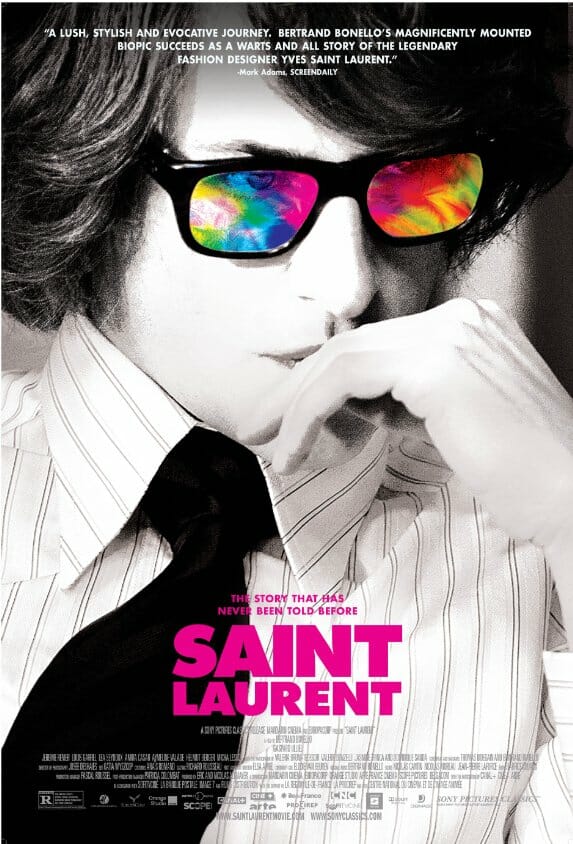 SAINT LAURENT
SAINT LAURENT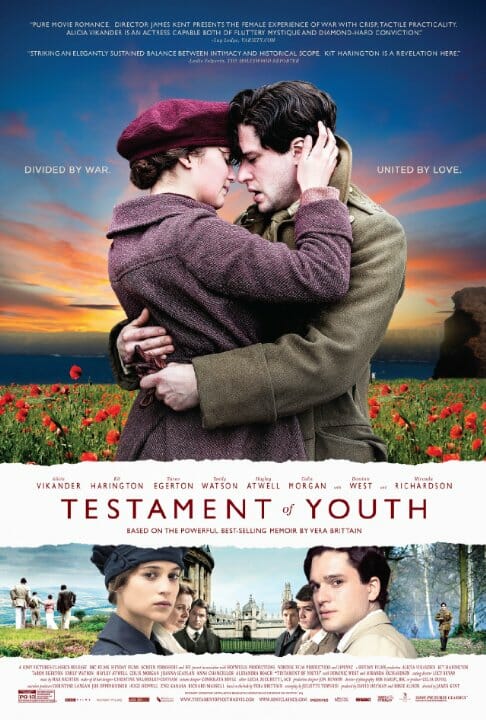 TESTAMENT OF YOUTH
TESTAMENT OF YOUTH










